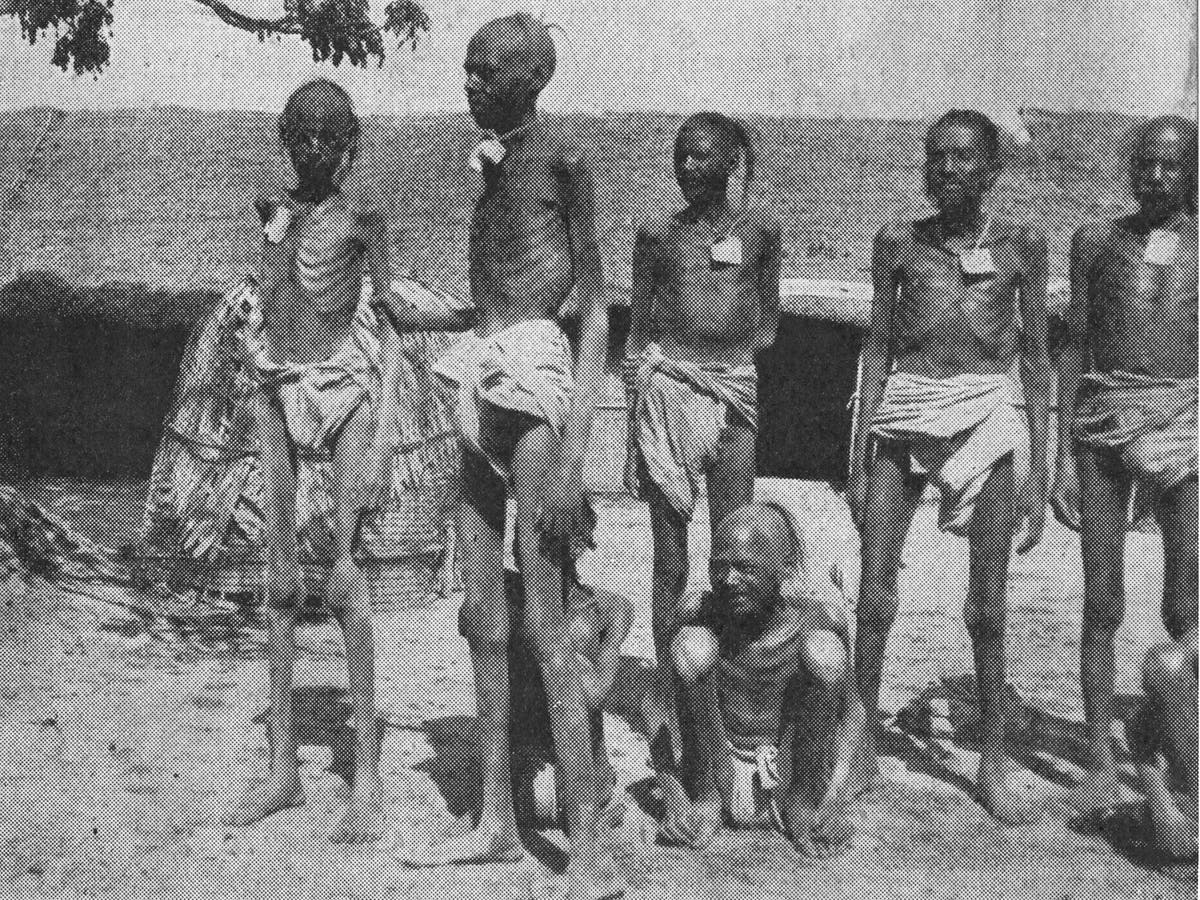Germany is by no means an agrarian country at this point, it's one of the most industrialised in Europe.
Atm in OTL Zentrum is under the control of its left wing, especially Erzberger's clique and other influential people like Joseph Wirth, so I really can't see them working with the conservatives. They'd need to have a change of leadership, be it to Ludwig Kaas or Adam Stegerwald or someone else before they could consider cooperation with the Protestant conservative right - OTL it happened, but after Erzberger got assassinated and Wirth ended his political career after a failed chancellorship, both of which were very Weimar-specific events.
Besides, who knows how the Conservatives develop after the war. At this point the DkP is a dying force. They and the Junkers have been in opposition to the Kaiser and the government ever since the Mittelland Canal affair, so they have nothing but their electoral strongholds in eastern Prussia and indirect influence over the Agrarian League. Those strongholds are consistently shrinking because of changing demographics, the 1912 election was the worst for the Conservatives in history. OTL they renewed thanks to Weimar ruin and by unifying with basically everyone on the right into a big tent party, which then turned towards middle class reactionary populism (until the NSDAP stole their thunder of course), but idk if that would be repeated in TTL.

